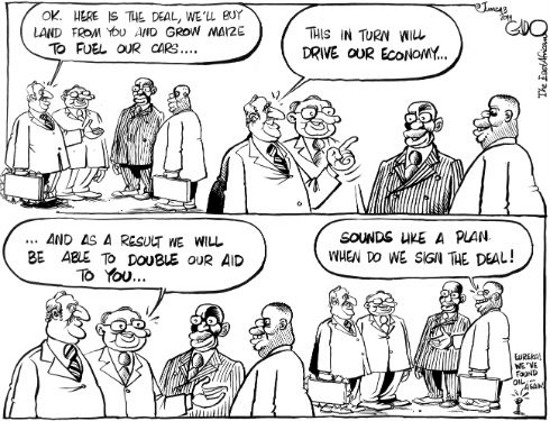We are better than this
Tuesday, June 28th, 2011 by Upenyu Makoni-MuchemwaI was distressed to read about ZANU PF youth who laid siege to the Minister of Finance’s office, apparently with the aid of the Zimbabwean police. What is worse is that one of the youths was heard in conversation with Webster Shamu, who is reported as attempting to call off the youths after presumably sending them there in the first place. The implication that politicians are ordering these youths to attack to further their political interest is not surprising.
Recently, I interviewed Grace Chirenje, who is a passionate advocate for young people and in particular young women. This is what she had to say about the youth being used as a political tool:
I can’t blame the politicians. Imagine if the youth said no, enough is enough we will not allow ourselves to be used to perpetrate violence, we will not allow ourselves to be engaged only during elections. No one has ever approached the youth and said, there’s a crisis in this country, what do you think? I think the youth should begin to say no, we will not allow ourselves to be used by politicians. After the violence they still remain as neighbours, brothers and colleagues. I think we need to begin to define our role as young people.
What continues to vex me is that the youth allow themselves to be used. What makes me angry is that it paints a picture of my country, my countrymen and my generation that shows us to be ignorant political tools unable to think for ourselves.
We are better than this.










